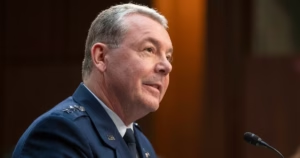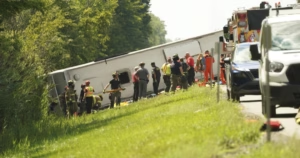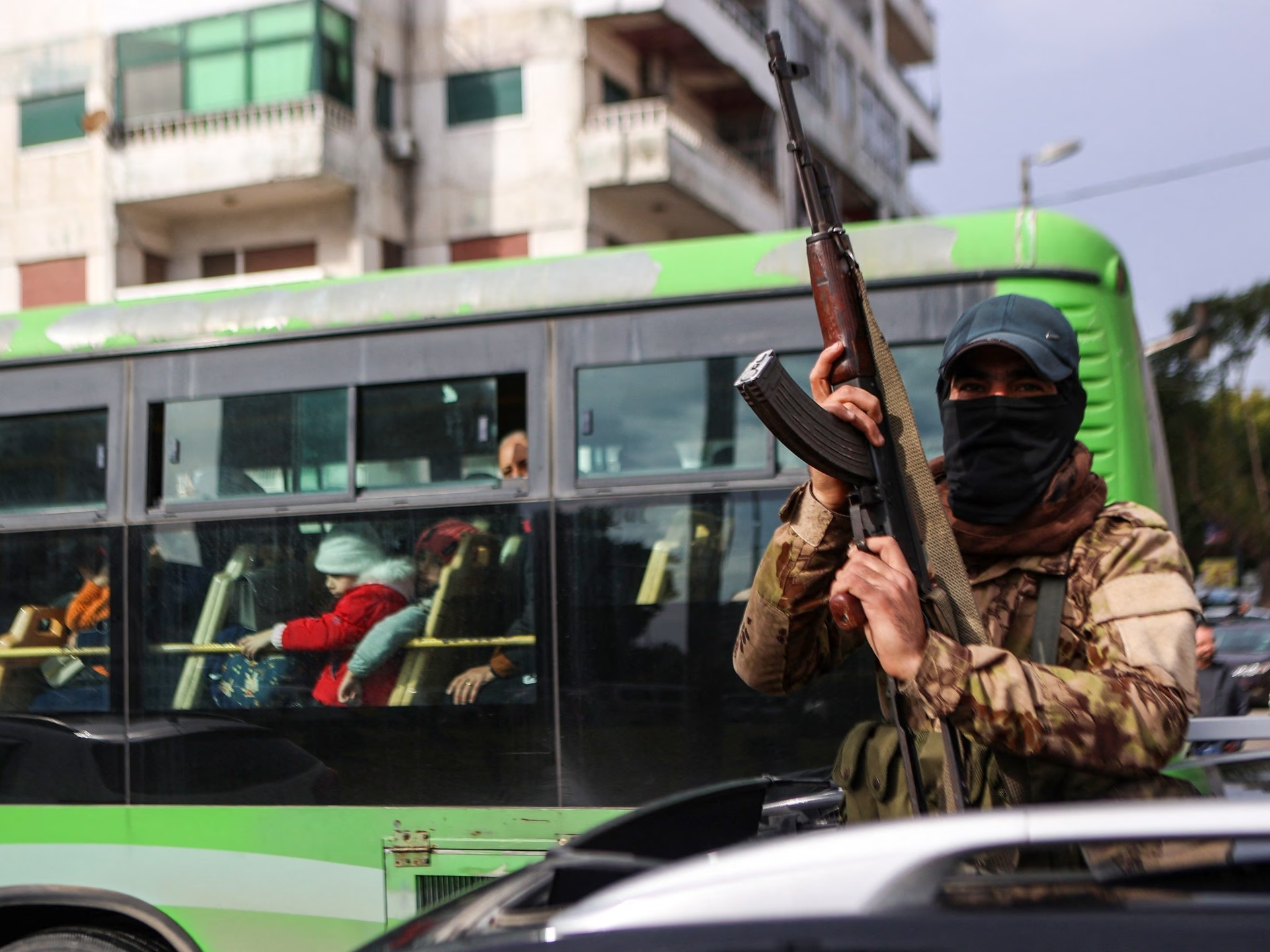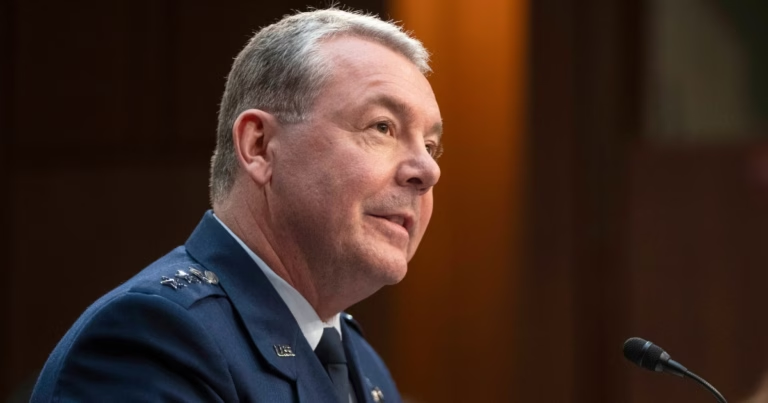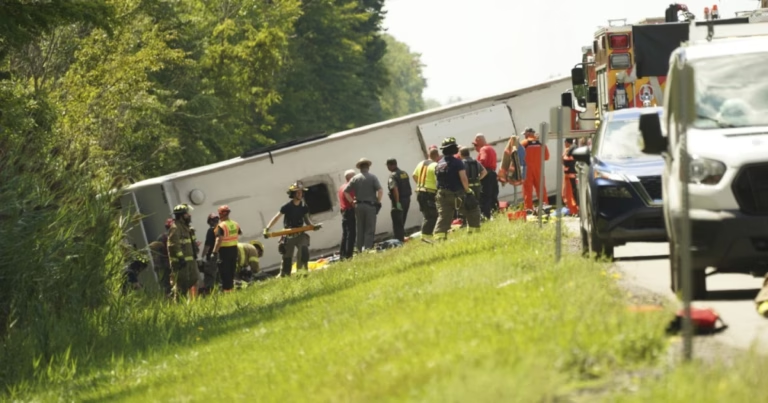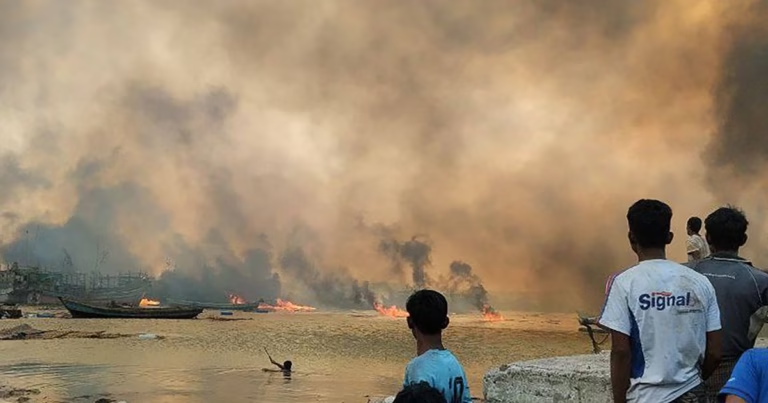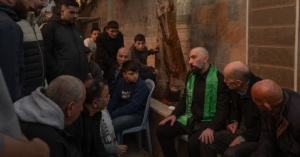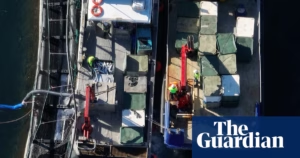A second day of deadly clashes erupts in Syria’s coastal region, pitting security forces against loyalists of the ousted President Bashar al-Assad, resulting in numerous fatalities.
In the latest surge of violence, security personnel in Syria find themselves embroiled in combat with gunmen who remain faithful to deposed President Bashar al-Assad in Latakia, a coastal area confronting an ongoing wave of violence.
The authorities have attributed the instigation to the remnants of the al-Assad regime, claiming a meticulously planned assault against their ranks on Thursday.
By Friday afternoon, Latakia’s police chief assured Al Jazeera that the city’s security was under control, despite a persistent siege on military and security installations.
Although no official death toll has been announced, the Syrian Observatory for Human Rights suggests more than 70 casualties, including security forces, gunmen, and a few civilians, though Al Jazeera cannot independently confirm these figures.
Amid efforts to stabilize the region, government forces dispatched reinforcements to Latakia and Tartous, as well as neighboring towns and villages that are strongholds for the minority Alawite sect and supporters of Al-Assad, and implemented a curfew until Saturday.
This unrest jeopardizes interim President Ahmed al-Sharaa’s efforts to consolidate his leadership and tackle broader security threats, including the southwest where there are reports of Israeli interference against the deployment of Damascus’s forces.
Resul Serdar, reporting from Damascus for Al Jazeera, stated that security forces have achieved full control in Latakia but are still engaged in clashes in Tartous and its outskirts, such as in Banias.
Tensions remain high with ongoing fighting in some areas, despite the lifting of sieges elsewhere. Turkiye also expresses concern, warning against “provocations” that threaten regional peace.
Peace under threat
Turłow Journalism Translation – the voice of Al Jazeera warns of the violence’s repercussions on stability in Syria and the region.
Furthermore, the Alawite community feels vulnerable to violence since Al-Assad’s dismissal, especially in rural Homs and Latakia. Despite pledges for inclusive governance, interim President al-Sharaa has yet to engage senior Alawite figures in dialogue, unlike with other minority groups.
The Alawite Islamic Council accuses the government of dispatching military units to the coast under the guise of targeting ‘regime remnants’, aiming to terrorize and kill Syrians. They demand UN protection for the coastal area.
Under Al-Assad’s rule, members of the Alawite community occupied high military and security positions; the new government attributes recent attacks against the nation’s security forces to his loyalists.
